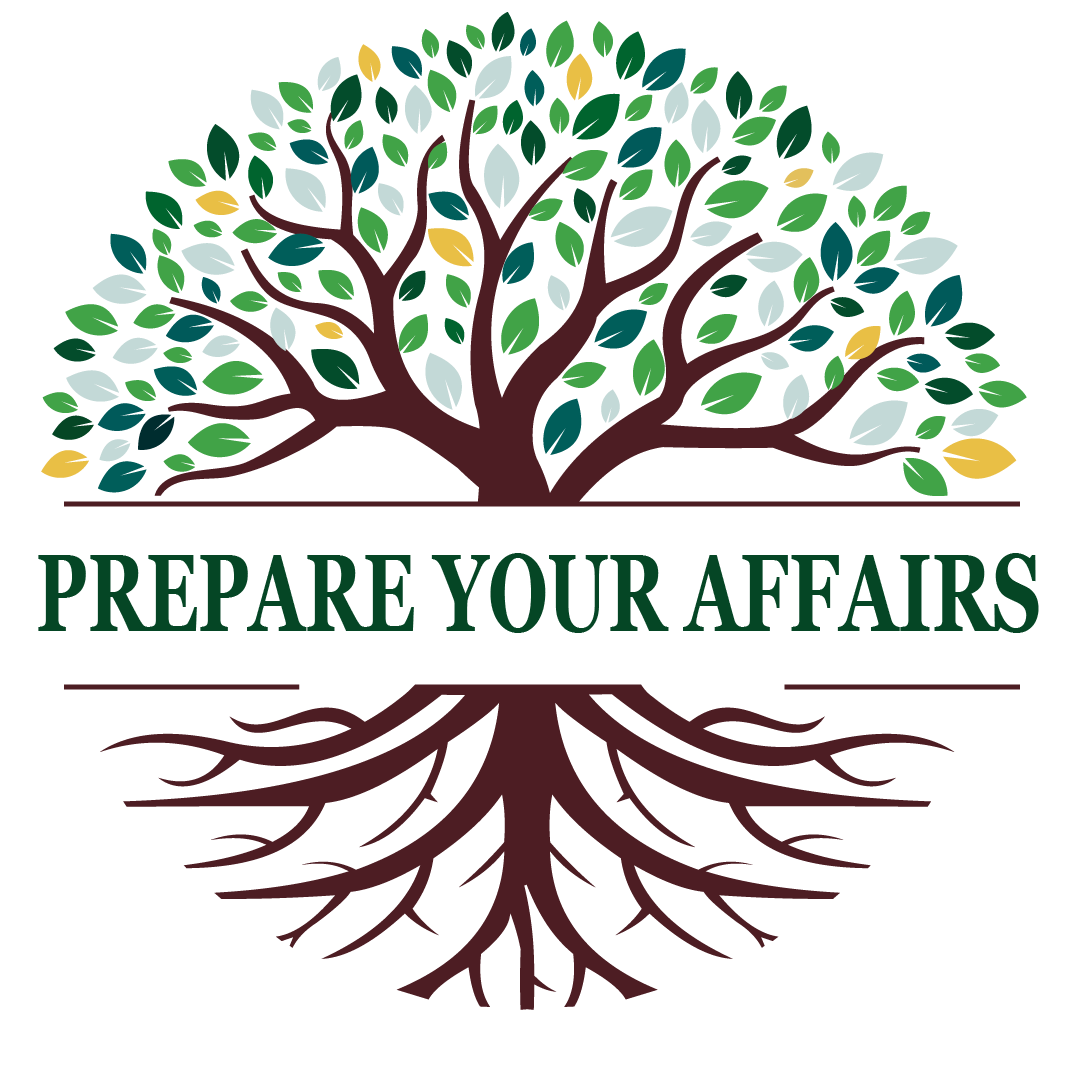Top Questions About What-If Planning: Part 1
When we present or host workshops about planning for ‘what-if,’ we often hear the same questions repeatedly. This week, we’re addressing five of the top questions we’ve received, with five more to follow next week!
Q: How can I motivate my parents/partner to plan for what-if and get their end-of-life affairs in order?
A: In our opinion, leading by example is the best way to motivate others to work on their what-if plan. As you’re working on your plan (or “reviewing it” if you already have it done), ask how they have addressed or would address a certain part of the plan. For example:
“Hey mom, we’re working on getting our affairs in order in case something happens to one of us. We can’t decide what kind of burial arrangements we want. Have you thought about that for you and dad? What do you want?”
Or
“Hey husband, I want to take out a life insurance policy. If something happens to me, it’ll supplement my lost income and help you run the household and care for the kids while you grieve and figure out how you want to move forward in life. How big of a policy do you think I should get?”
Asking for their input or sharing details of your plan may initiate a conversation about their own arrangements and encourage them to take action.
For other ideas, read through our recent blog post on the topic: https://www.affairsinorder.com/blog/encourage-parents-end-of-life-planning
Q: How do I decide who should be the executor of my will/trust, my healthcare advocate, the guardians of my underage kids, etc.?
A: These roles are critical to the successful execution of your end-of-life plans and careful consideration should be given to determine the best options. Think about the various skills, personalities, and availability of your family members and friends who might fill these positions. Determine your top three choices and then talk to them about how they’d feel taking on these responsibilities. Don’t feel obligated to choose the oldest child to be your executor if you don’t feel like they have the skills or maturity to handle the job.
If your estate is complex or you foresee family conflict, a professional executor, attorney, or fiduciary are also available options. Sometimes it can be helpful to have someone who is unattached to the family and the estate take care of things.
Once you feel like you’ve found the right fit (and have a backup or two in case of illness or unavailability at the moment you need them), you may need to talk to family members who might feel slighted by your choices. Hearing the news from you gives them a chance to ask questions and for you to clarify your decisions. Leaving them in the dark can often lead to resentment and family infighting.
Q: How can I make end-of-life planning less overwhelming?
A: Planning for what-if can certainly be taxing emotionally and logistically. The key is to start early and while not under duress. Planning when you still have a lot of life to live gives you time to tackle one end-of-life component at a time, consider all the available options, and talk to the appropriate professionals. Waiting until there is a diagnosis or some other life-threatening accident or illness may cloud your judgement and/or force you into a product or service you don’t want or need. In a worst-case scenario, it may make it entirely too late to do anything, leaving your family scrambling and without needed resources.For more thoughts on why acting now can make planning less overwhelming, see https://www.affairsinorder.com/blog/top-five-reasons-to-get-your-affairs-in-order-now
Q: What documents are essential for end-of-life planning?
A: We like to break down estate planning into three categories to help us create the checklist of documents to gather–Your Person: Documents that relate to caring for you should you be incapacitated, or your body if you die. It includes advance directives, powers of attorney, HIPAA Release Forms, funeral plans, burial/cremation plans, organ donation wishes, etc.
Your Property: Documents to transfer your assets and possessions to your desired recipients, including a will, trust, beneficiary/payable on death forms for bank accounts and investments, and operating agreements if you own a business.
Your People: Documents that dictate care for pets, underage children, or anyone else who depends on your care.
To help you track your documentation, our Family Care Manual includes templates and checklists to ensure you don’t miss a single detail.
Q: How often should I update my end-of-life plan?
A: Much like firefighters encourage the change of batteries in smoke detectors every time we roll clocks back or ahead for daylight savings, we recommend an annual review that coincides with a birthday, anniversary, or holiday so that you get in the habit of doing it. Major life changes like moving to a new state, a wedding/divorce, or a new job are also good times to review or update your plans.
The more often you review your plans, the less time and money it will take to make adjustments, and you’ll always have that peace of mind feeling that you’re ready just in case. Waiting several years or even decades may render your plans out of date and useless just when you need them. Imagine an executor you trusted moving far away or a guardian becoming unable to take on the role. Regular updates ensure your plan aligns with your current life.
Stay tuned next week for more questions. If you have a specific question, let us know so we can make sure it’s covered!
Corey
P.S. Want more strategies to help with end-of-life planning? Sign up to receive email notifications when new tips are posted: https://www.affairsinorder.com/stay-informed
Or download our free resources to get started now: https://www.affairsinorder.com/free-downloads
